Mi 10 Pro vs S20 Ultra: Can Xiaomi Beat Samsung This Time?
Karamchand Rameshwar - Mar 07, 2020
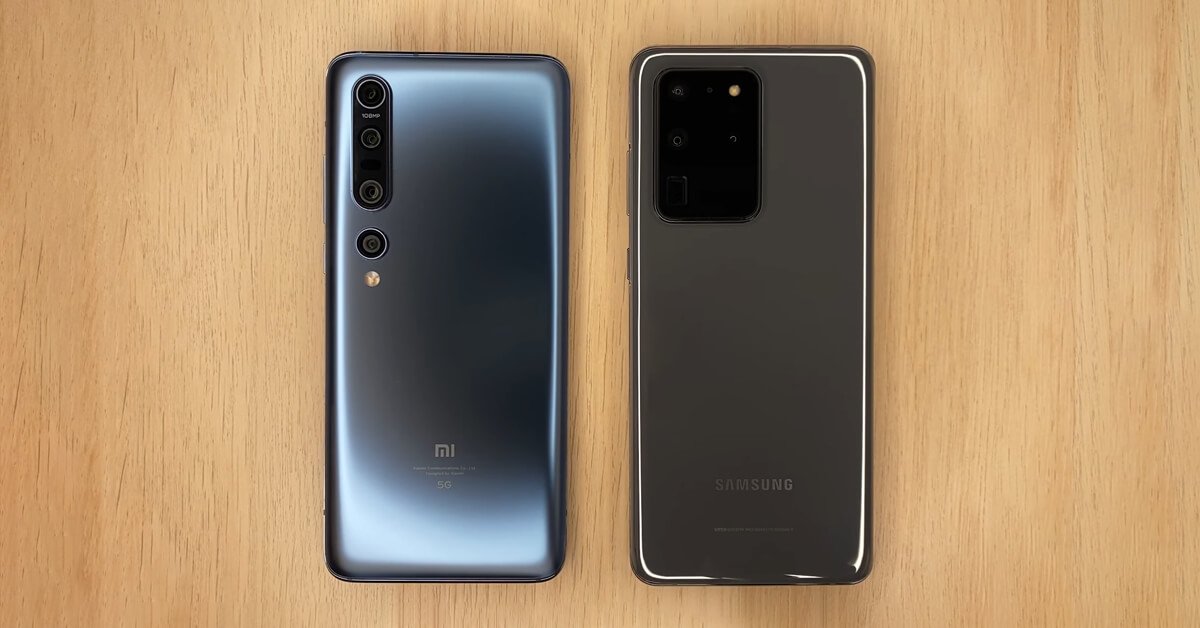
Mi 10 Pro vs S20 Ultra: Let's take a look at the two flagship smartphones from reputable brands, Samsung and Xiaomi.
- OPPO Reno 14 Series Hits India: Launch Date, Cameras, and Specs
- Samsung S20 Ultra Price In India And Everything You Need To Know About The Phone
- POCO X2 vs POCO F2 Pro: Reasons Why POCO X2 Is A Better Choice
Mi 10 Pro vs S20 Ultra: These are the two new high-end flagships from two reputable brands, Samsung and Xiaomi. While they are currently not the top-end offerings from their respective brands, these two phones are undoubtedly among the best smartphones you can get.

Xiaomi Mi 10 Pro vs S20 Ultra: Design
Both phones are made of glass and metal. However, while Samsung uses stainless steel on its S20 Ultra, Xiaomi chooses aluminium for its Mi 10 Pro’s frames. It means the Galaxy S20 Ultra has a tougher frame, but also heavier. That doesn’t mean the Mi 10 Pro is a lighter phone, because both phones cross the 200-gram mark. While the S20 Ultra’s weight is 222g, the Mi 10 Pro is just a bit lighter with a weight of 208g.
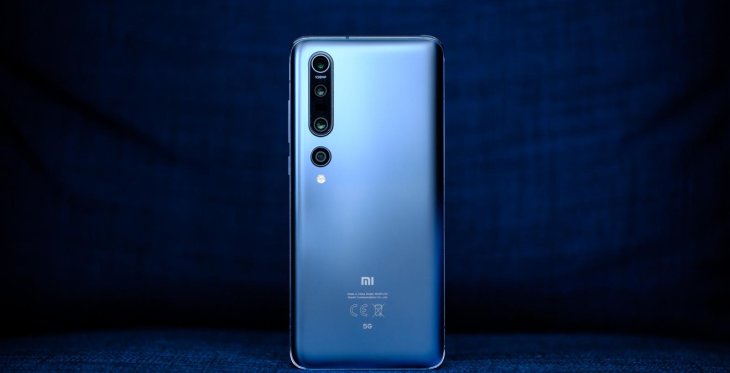
Due to the design, both of these smartphones are very slippery, so you might want to be careful when holding them in your hands given their premium price tag. In addition, the glass back and the width aren’t helpful either. However, you can’t deny the fact that they are both really well-built and sleek-looking smartphones.
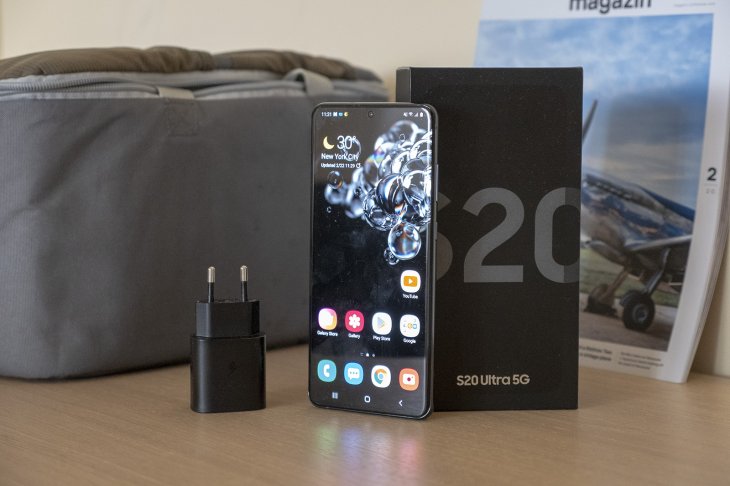
Xiaomi Mi 10 Pro vs S20 Ultra: Display
Being in the high-end segment, they are obviously equipped with an AMOLED panel. Their displays also have a high refresh rate, which is the trend of this year. The S20 Ultra sports a 6.9” display with Quad-HD+ resolution, Gorilla Glass 6, and 120Hz refresh rate. The Mi 10 Pro, on the other hand, gets a 6.67” display with FHD+ resolution, Gorilla Glass 5, and a 90Hz refresh rate. Both of them support HDR10+.
Xiaomi Mi 10 Pro vs S20 Ultra: Performance
The Galaxy S20 Ultra and Mi 10 Pro come with very powerful hardware setups, which are supported by well-optimized software. They boot Android 10 out of the box with MIUI 11 (Mi 10 Pro) and One UI 2 (Galaxy S20 Ultra). Both of the skins are very different from the stock version, but it doesn’t mean they are not good. The Snapdragon 865 chipset fueling both of them is very powerful. On top of that, they arrive with LPDDR5 RAM and UFS 3.0 storage as well. Sadly, if you purchase the Indian version of the Galaxy S20 Ultra, you might get the Exynos 990 instead.
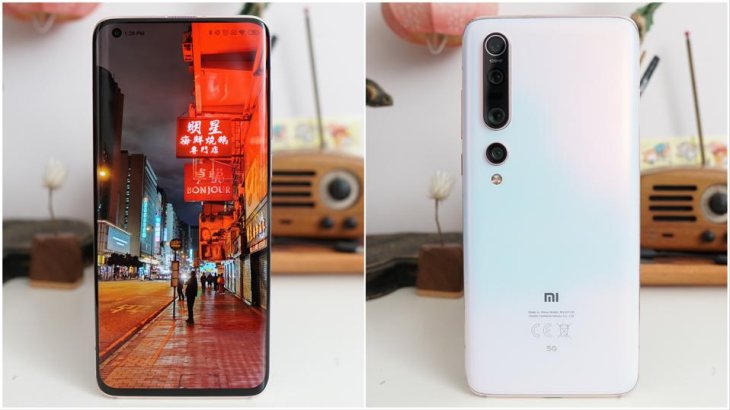
While the Galaxy S20 Ultra comes in 12GB and 16GB RAM models, the Mi 10 Pro is also available in a 8GB RAM option as well. When it comes to sheer performance, they are both excellent as they perform very smoothly in any tasks you give them. The smoothness is also contributed by the high refresh rate of their display.
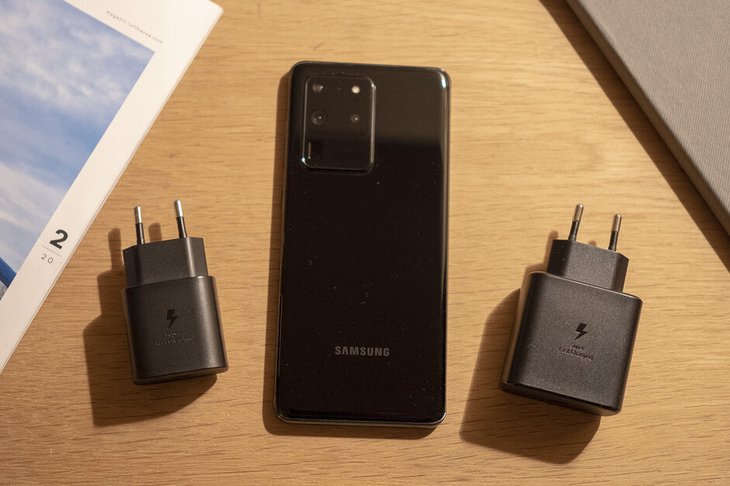
Overall, they are both powerful smartphones. However, if the Galaxy S20 Ultra version you are going to buy has the Exynos 990 chipset, the Mi 10 Pro could have an edge.
Xiaomi Mi 10 Pro vs S20 Ultra: Battery
If you are concerned about their battery life, then don’t be. Both the Galaxy S20 Ultra and Mi 10 Pro have pretty big batteries, which are more than enough to fuel them for a long time before having to recharge. If you set the refresh rate of these two phones’ display at 90Hz and 120Hz on Full-HD+ resolution, they will last around 6 to 7 hours of screen on time. The results could get even better if you lower the refresh rate.
On top of the long battery, the two brands also offer very fast charging technology on their phones. The Galaxy S20 Ultra arrives with 45W fast charging and 15W wireless charging support. Meanwhile, the Mi 10 Pro charges even faster with the 50W wired charging and 30W wireless charging. You can also use either of these phones to charge other devices, thanks to the reverse wireless charging feature.
Xiaomi Mi 10 Pro vs S20 Ultra: Cameras
Again, in the camera department, both phones are at the top of the market. They are equipped with a quad-camera setup, including a 108MP main sensor. The S20 Ultra is also equipped with an 12MP ultra-wide camera, a 48MP telephoto lens, and a DepthVision lens that works as a 3Dcamera. As for the Mi 10 Pro, the other three cameras are an 8MP telephoto lens, a 20MP ultra-wide lens, and a 12MP telephoto lens. On the front, the Xiaomi smartphone only has a 20MP camera for selfies while Samsung packs a 40MP unit inside the punch-hole cut-out. Both phones support zoom, mixing optical and virtual magnification. While the Mi 10 Pro can take photos at 50x zoom, the S20 Ultra is capable of reaching at 100x.
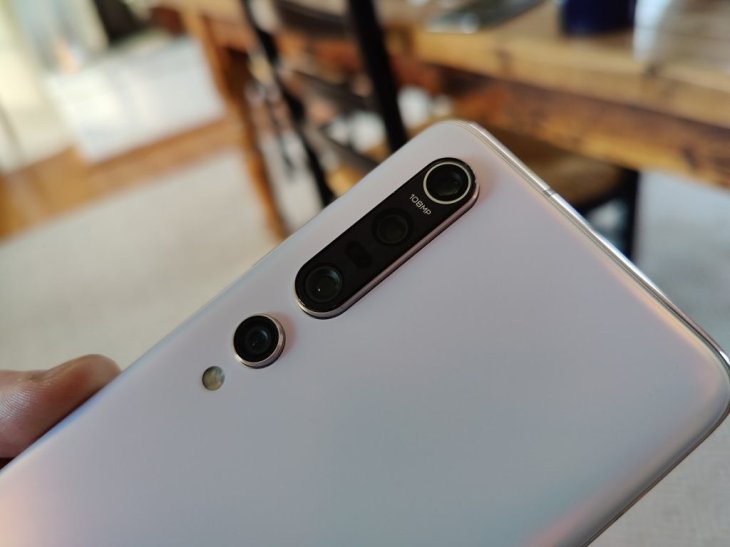
Both brands have put lots of work on improving the camera quality of their phones. While the two phones have pretty different camera setups, the results are both great. In daylight, they deliver very sharp pictures with accurate colors and excellent dynamic range.
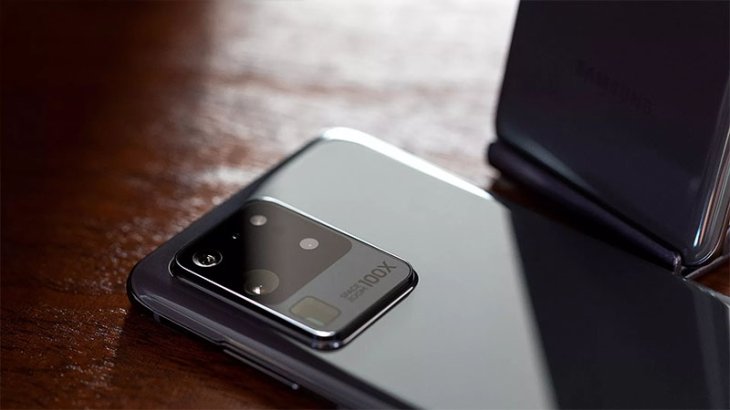
In low-light conditions, the Galaxy S20 Ultra performs a little bit better. It does sometimes bright up the shadows, but overall, it does a good job of balancing the photo. As for the Mi 10 Pro, its low-light shots tend to look more lifelike, but it does sometimes blur up some of the photos.
>>> Xiaomi Mi 10 Ultra Review: Great Phone With Great Value & Powerful Features
Featured Stories

Review - Feb 01, 2026
The Raja Saab Set to Stream Online: Where to Watch Prabhas' Horror Comedy

Review - Aug 23, 2025
Revolutionize Your Communication: How to Buy Virtual Numbers on Telegram

Review - Jun 25, 2025
Windows 11 Problems: Is Microsoft's "Best" OS Actually Getting Worse?

Features - Jun 18, 2025
Best Mobile VPN Apps for Gaming 2025: Complete Guide

Review - Jun 18, 2025
Nintendo Switch 2 Review: A Triumphant Evolution Worth the Wait

Mobile - Jun 12, 2025
Best Gaming Phones 2025: Top Devices for Mobile Gaming

Mobile - Jun 12, 2025
Vivo T4 Ultra Debuts with MediaTek Dimensity 9300+ Chipset

Gadgets - Jun 12, 2025
Lava Prowatch Xtreme Launches with Google Fit Integration

Mobile - Jun 08, 2025
Realme GT 7T Review: Power Meets Endurance in Controversial Style

Mobile - Jun 07, 2025
Realme C73 5G Launches in India: Budget 5G Phone Starts at ₹10,499
Read more

ICT News- Feb 18, 2026
Google's Project Toscana: Elevating Pixel Face Unlock to Rival Apple's Face ID
As the smartphone landscape evolves, Google's push toward superior face unlock technology underscores its ambition to close the gap with Apple in user security and convenience.

Mobile- Feb 17, 2026
Anticipating the Samsung Galaxy S26 and S26+: Key Rumors and Specs
The Samsung Galaxy S26 series is on the horizon, sparking excitement among tech enthusiasts.

Mobile- Feb 16, 2026
Xiaomi Launches Affordable Tracker to Compete with Apple's AirTag
For users tired of ecosystem lock-in or high prices, the Xiaomi Tag represents a compelling, no-frills option that delivers core functionality at a fraction of the cost.
Comments
Sort by Newest | Popular